In January, teen Nick Sandmann became a figure of national derision after his smiling encounter with Native American activist Nathan Phillips after the Indigenous Peoples March.
Sandman was part of a school group in Washington DC for a conservative Christian event.
Sandman and his schoolmates were photographed and videotaped harassing people around the city before the standoff at the Lincoln Memorial.
And while a poorly chaperoned mob of adolescent boys can escalate as they goad each other, boys will be boys is not an excuse for catcalling and harassing people.
In another video at the Lincoln Memorial, one of the Covington boys can be heard saying:
"It's not rape if you enjoy it."
Sandman's family would later file a libel lawsuit against The Washington Post for "targeting and bullying" him.
Indigenous Peoples March Washington, D.C.youtu.be
When a federal judge allowed part of Sandmann's lawsuit to move forward, President Trump responded on Twitter by supporting the teen while attacking The Post.
The family's lawsuit claims that The Post singled out Sandmann because he was a "white, Catholic student wearing a red 'Make America Great Again' souvenir cap" in the video.
The family has asked for $250 million in damages.
All 33 statements that the lawsuit claimed were libelous were initially dismissed by Judge William Bertelsman, who said they were all protected by the First Amendment.
After reviewing a revised version of the lawsuit, however, the Judge decided that three of the 33 statements would need further review, hence the "success" Trump is congratulating.
Each of the three statements now entering into the "discovery" phase of the case involve quotes from Phillips in their article.
He claimed Sandmann and the other students "blocked" him and "would not allow him to retreat" towards the Lincoln Memorial.
It is unclear why President Trump would so publicly side with the young man except for the fact that he is a Trump supporter. Similar lawsuits have been filed against CNN and NBC by Sandmann's family making similar claims.
The book White Kids: Growing Up with Privilege in a Racially Divided America is available here.

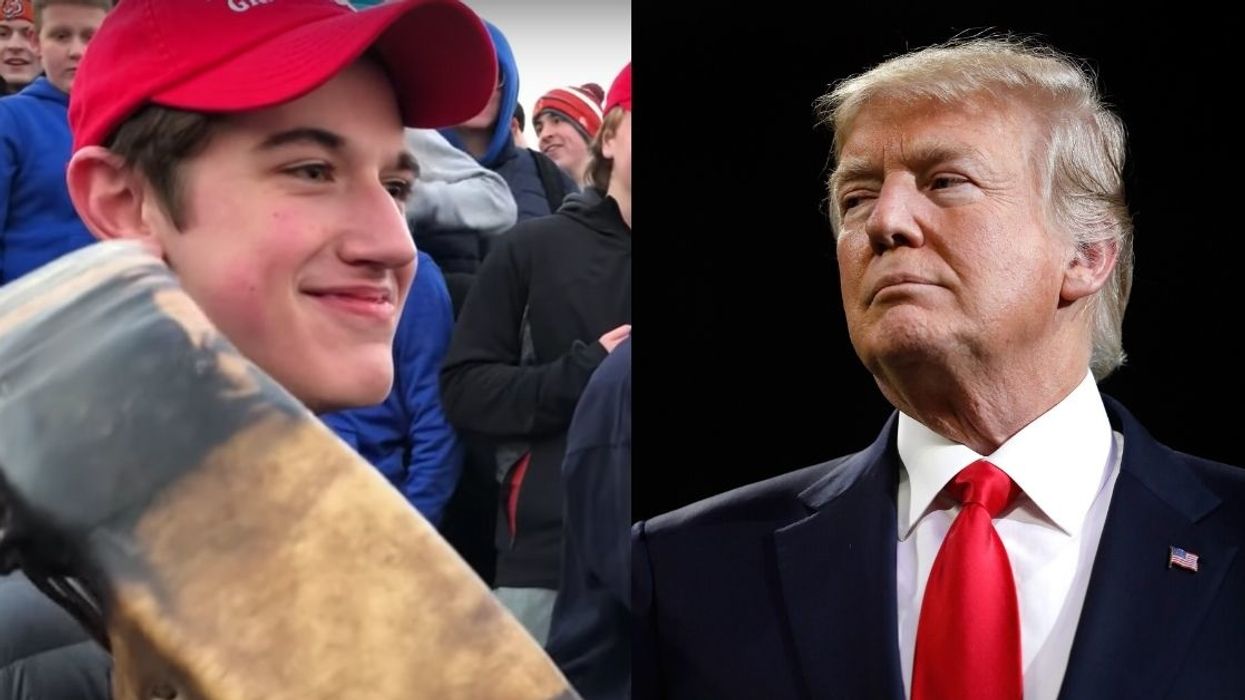












 Awkward Pena GIF by Luis Ricardo
Awkward Pena GIF by Luis Ricardo  Community Facebook GIF by Social Media Tools
Community Facebook GIF by Social Media Tools  Angry Good News GIF
Angry Good News GIF 
 Angry Cry Baby GIF by Maryanne Chisholm - MCArtist
Angry Cry Baby GIF by Maryanne Chisholm - MCArtist 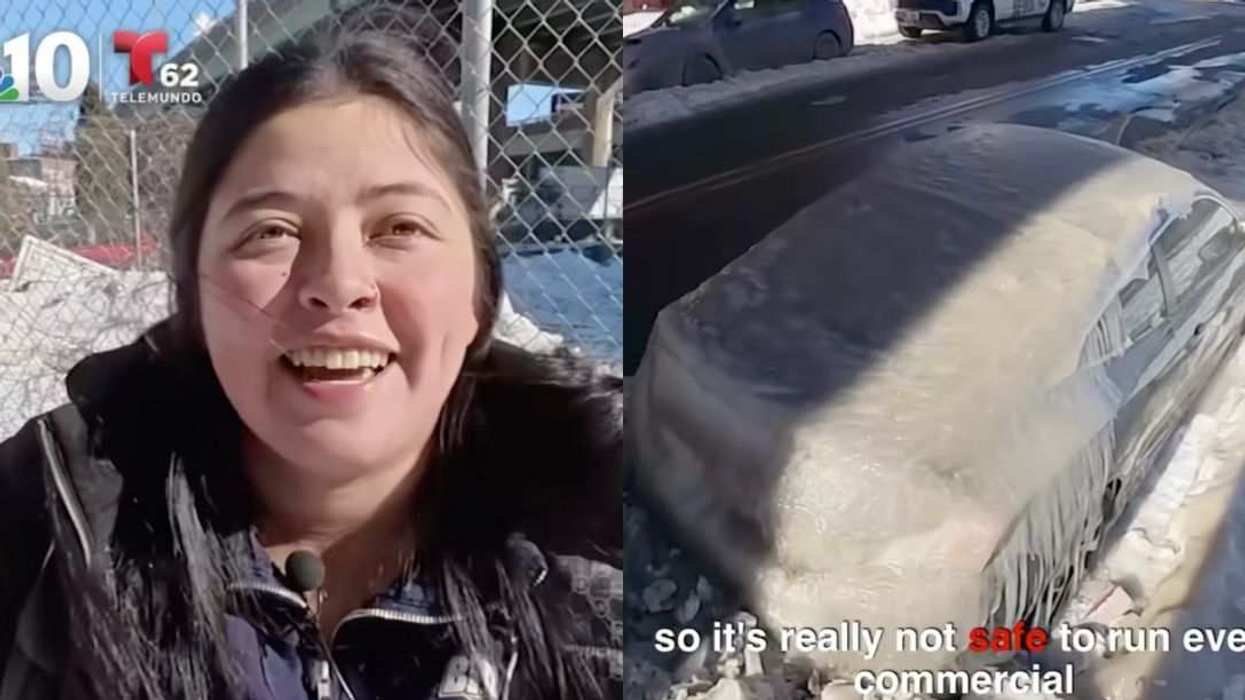
 @adriana.kms/TikTok
@adriana.kms/TikTok @mossmouse/TikTok
@mossmouse/TikTok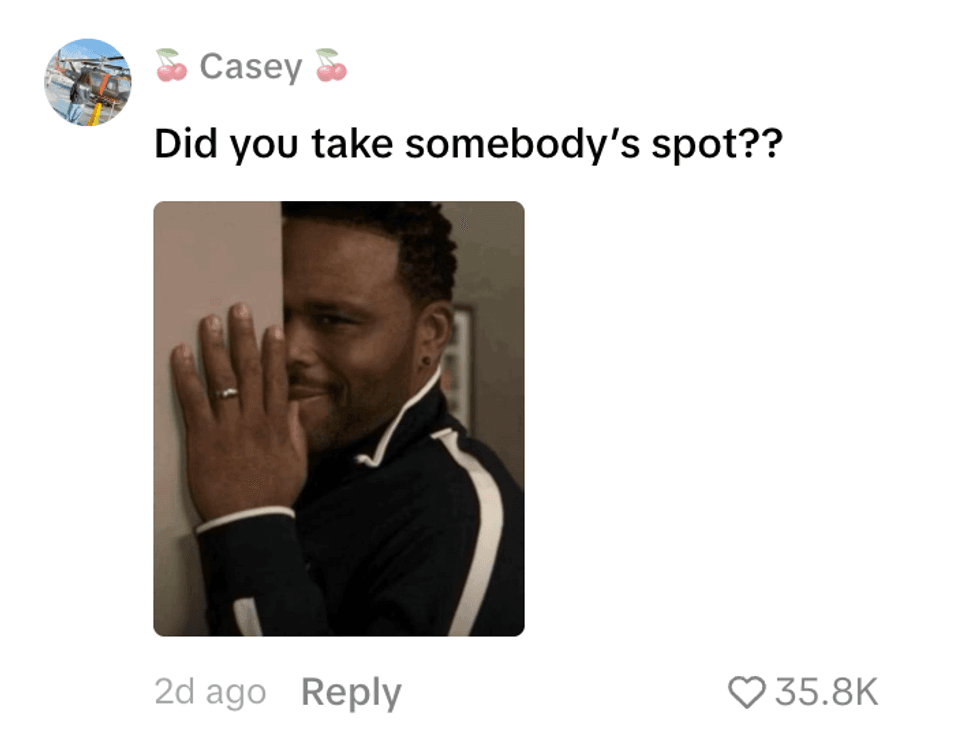 @im.key05/TikTok
@im.key05/TikTok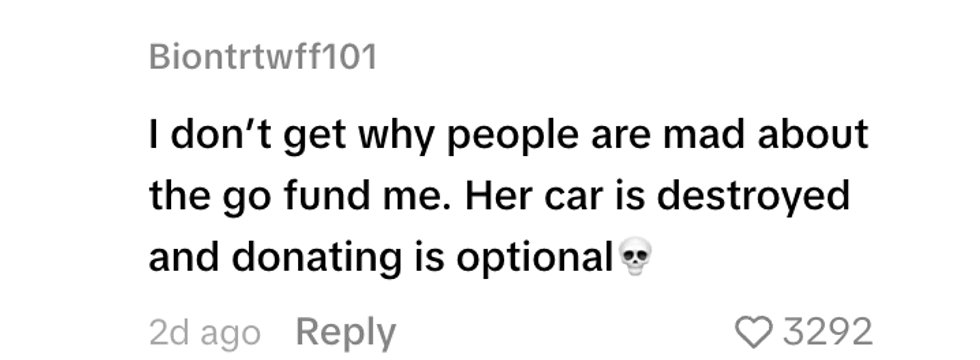 @biontrtwff101/TikTok
@biontrtwff101/TikTok @likebrifr/TikTok
@likebrifr/TikTok @itsashrashel/TikTok
@itsashrashel/TikTok @ur_not_natalie/TikTok
@ur_not_natalie/TikTok @rbaileyrobertson/TikTok
@rbaileyrobertson/TikTok @xo.promisenat20/TikTok
@xo.promisenat20/TikTok @weelittlelandonorris/TikTok
@weelittlelandonorris/TikTok @katiebullit/TikTok
@katiebullit/TikTok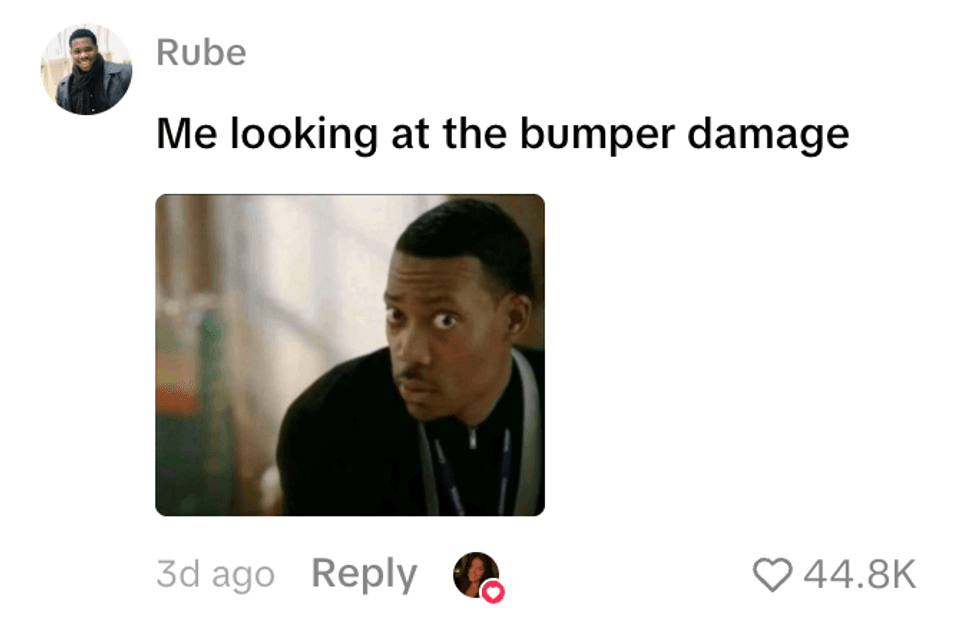 @rube59815/TikTok
@rube59815/TikTok
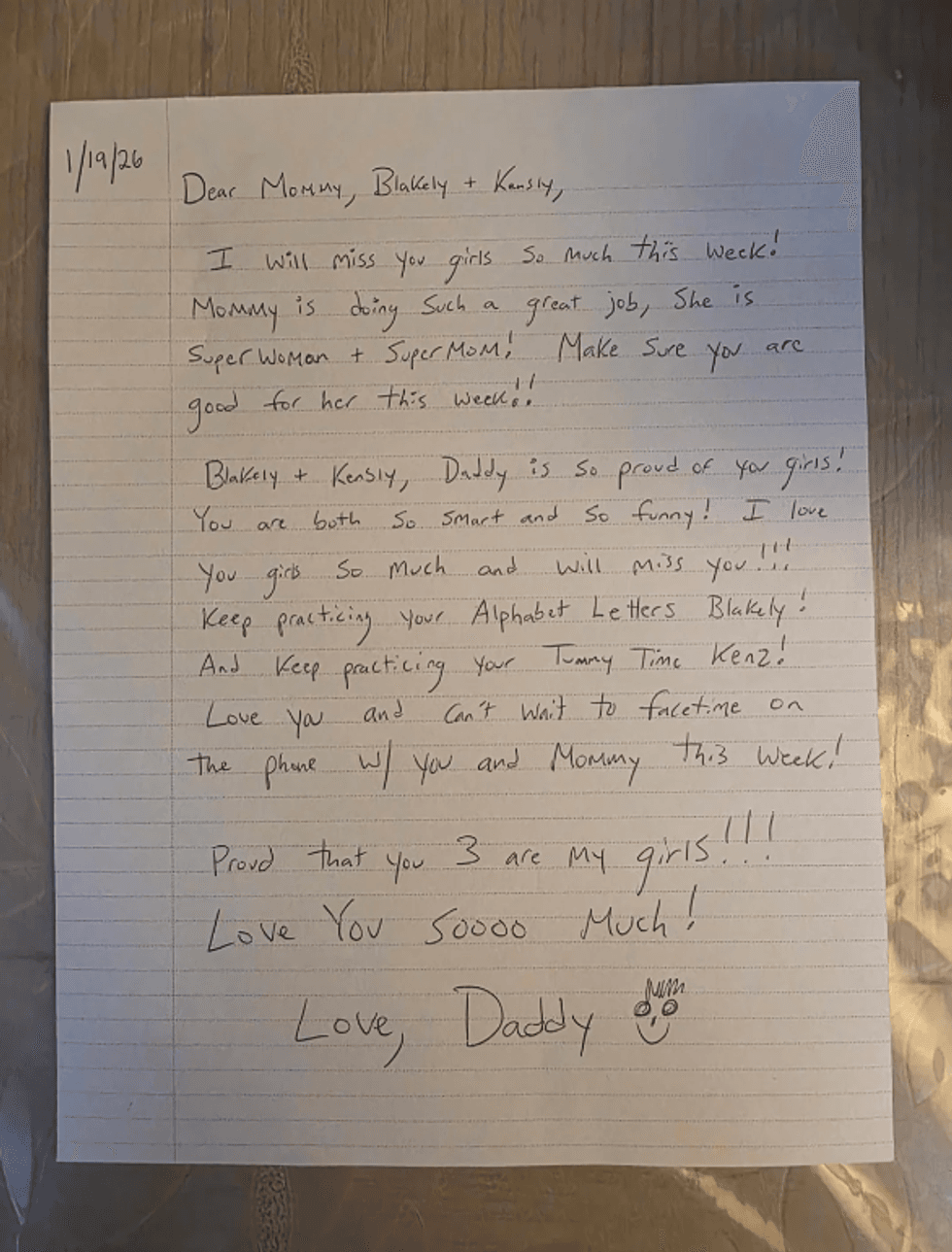 u/Fit_Bowl_7313/Reddit
u/Fit_Bowl_7313/Reddit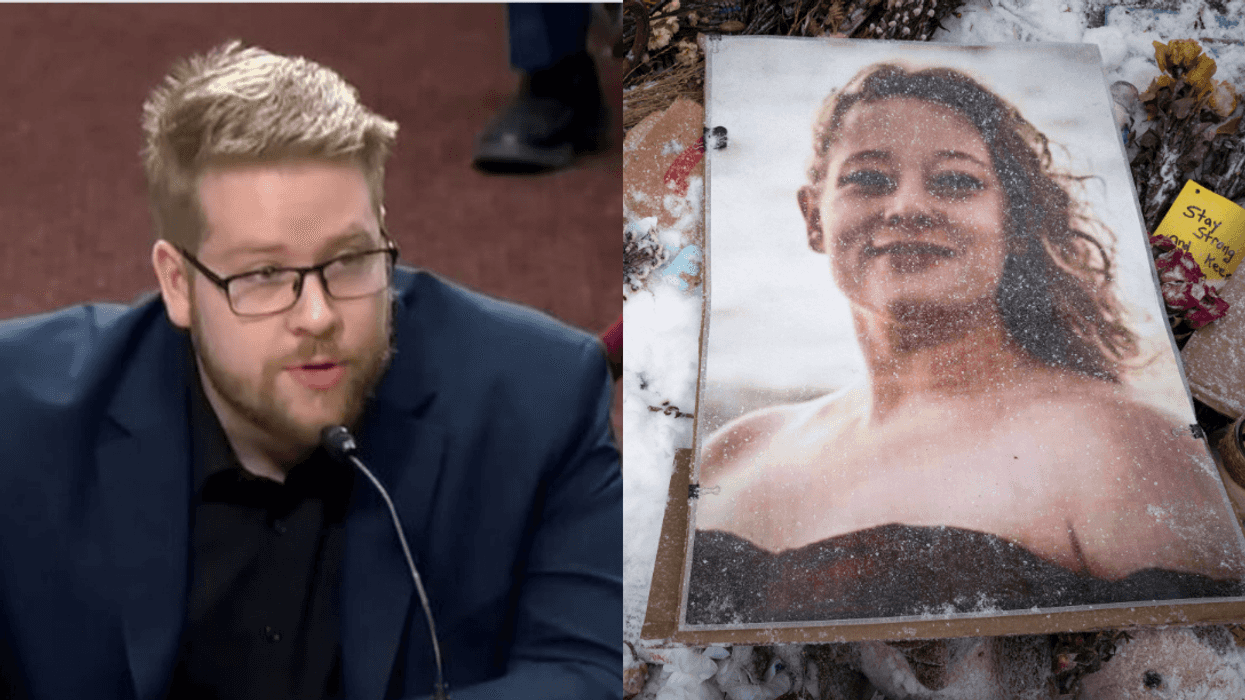
 @meteorblades/Bluesky
@meteorblades/Bluesky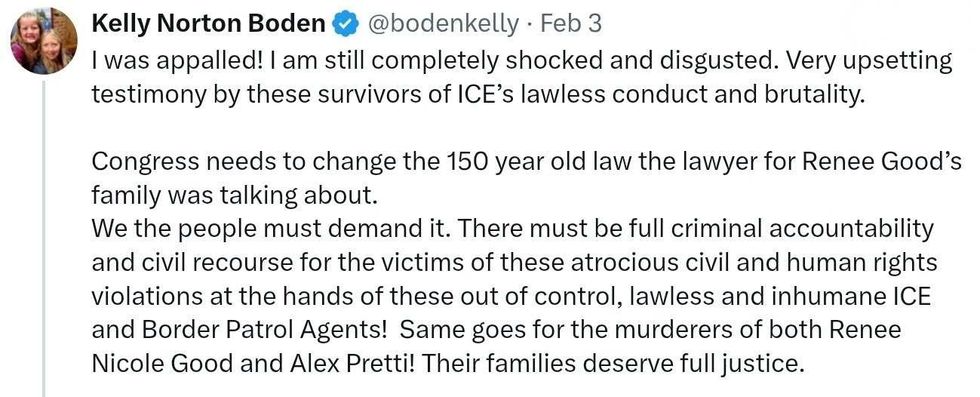 @bodenkelly/X
@bodenkelly/X